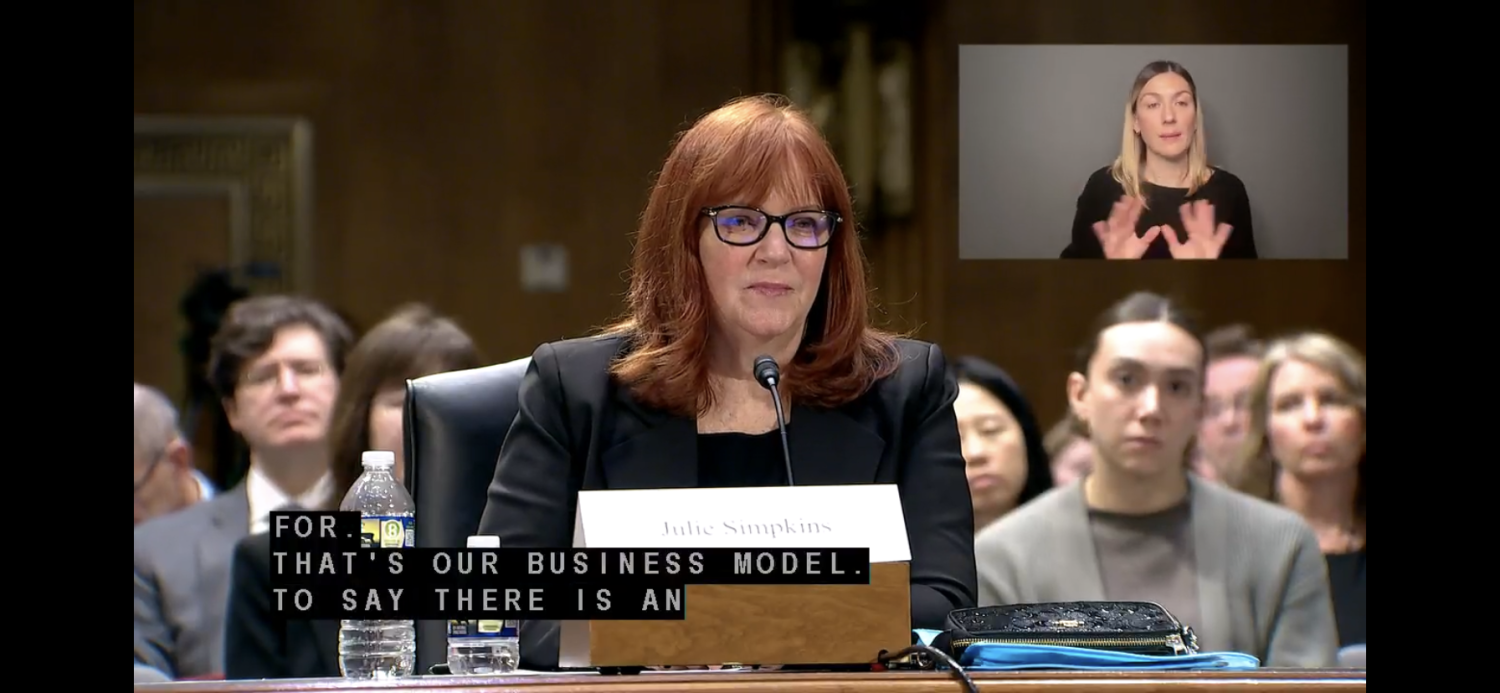By Rick Banas of BMA Management, Ltd.
 When you look through the materials distributed by the Centers for Medicare & Medicaid Services (CMS) on “2012 Choosing a Medigap Policy,” you should take notice of a statement printed in bold, said John McCallag in a presentation on Medicare Supplements that he conducted at our Heritage Woods assisted living community in Huntley, Illinois.
When you look through the materials distributed by the Centers for Medicare & Medicaid Services (CMS) on “2012 Choosing a Medigap Policy,” you should take notice of a statement printed in bold, said John McCallag in a presentation on Medicare Supplements that he conducted at our Heritage Woods assisted living community in Huntley, Illinois.
The statement reads “There can be big differences in the premiums that different companies charge for exactly the same coverage.”
Medigap is the common name used to describe a Medicare supplemental insurance policy.
John is a Certified Senior Care Advisor based in McHenry, Illinois.
The main ways you get Medicare coverage is either through what is termed the Original Medicare Plan or through a Medicare Advantage Plan.
With Original Medicare Plan, Medicare Part A is your hospital insurance. It helps cover inpatient care in hospitals and provides certain benefits for skilled nursing, hospice and home health care services. Medicare Part B is your medical insurance. It helps cover doctor’s services, hospital outpatient care, and certain preventive health and home health services.
Medicare Part D provides your prescription drug coverage.
If you get your coverage through Original Medicare Care, you can add supplemental coverage through a Medigap Insurance Policy if you so choose. A Medigap policy helps you pay for some of the health care costs that Original Medicare does not cover such as copayments and deductibles. If you have a Medigap policy, Original Medicare will pay its share and then your Medigap policy will pay its share.
A Medicare Advantage Plan works like an HMO or PPO and combines Part A, Part B and usually Part D. If you decide to get your Medicare coverage through a Medicare Advantage Plan, you do not need a Medigap or Medicare Supplemental insurance policy.
Here are some key points that John stressed during his presentation about Medigap policies:
When you buy a particular Medigap plan, what is covered through the plan is identical whether you buy the plan through Blue Cross, AARP, Aetna, Mutual of Omaha or any of the other carriers that offer the plan in your area. Click here for Medigap Policies in your area.
The monthly cost can vary widely for a Medigap plan with identical coverage. To illustrate the point, John distributed a monthly premium cost comparison analysis for a standard Medicare Plan F supplemental insurance coverage for a female non-smoker living in a 600 zip code. Depending on the age of the individual, the premium difference for the same policy with the same coverage among ten insurance companies ranged from more than $30 to nearly $150 a month (from more than $360 to nearly $1,800 a year).
What you pay has nothing to do with the claim services or whether or not your carrier will pay for a procedure.
It is Medicare that determines if a particular procedure is covered, not your Medigap insurance carrier. If Medicare approves it, your Medigap insurance carrier is obligated by law to pay.
The determination as to whether or not Medicare approves a particular procedure is all done by Medicare and by computer.
John suggested that you should review your Medicare supplemental insurance (Medigap) once a year.
He also suggested that it might be worthwhile taking a look at a high-deductible Plan F Medigap insurance policy. The difference in the monthly cost may be more than enough to cover the potential cost of having to pay a deductible amount before your Medigap plan will provide coverage.
You can access the official U.S. Government Medicare handbook for 2013 at
medicare.gov/Publications/Pubs/pdf/10050.pdf
<div align="center"Watch the video below, by Medicare Made Clear,
to learn more about Medigap Plans.
All affordable assisted living communities managed by BMA Management, Ltd. are certified and surveyed by the Illinois Department of Healthcare and Family Services. All assisted living communities are licensed and surveyed by the Illinois Department of Public Health.
“BMA Management, Ltd. is the leading provider of assisted living in Illinois
and one of the 20 largest providers of assisted living in the United States.”
What are your thoughts? Leave a comment and let us know.




